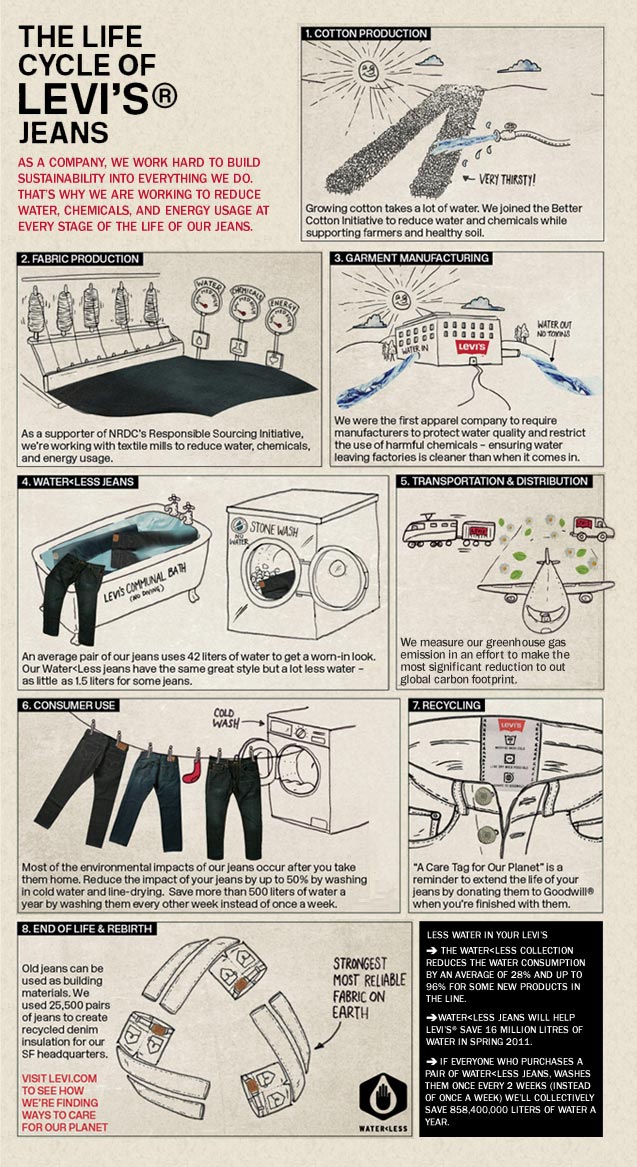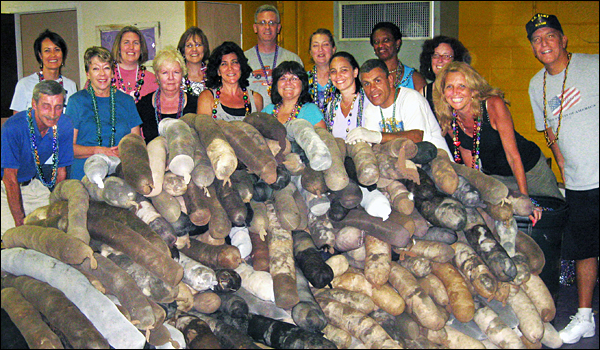Some readers may feel they can't make an impact for good at work because they aren't in their organization's CSR department or their company may not have events in which employees can participate. Even if you are in that position, you can become a social intrapreneur in your company to promote positive social change. Social entrepreneurs are those individuals who create a mission-driven organization, usually a for-profit company, to solve a social or environmental problem. Social intrapreneurs work within the boundaries of an existing for-profit company to solve social or environmental ills. (Gifford Pinchot, founder of the Bainbridge Institute, is credited with coining the term "intrapreneur" - see his Ten Commandments for intrapreneurs here.)
In Forbes Magazine, Joseph Agoada wrote a column, "2014's Most Valuable Employee: The Social Intraprenuer" with a promise to provide strategies for social intrapreneurs during the upcoming year. Net Impact has published a report, Making Your Impact at Work: A Practical Guide to Changing the World from Inside any Company, that includes steps an employee can take to become a social intrapreneur as well as case studies of successful intrapreneurs. Another toolkit is available through the League of Intrapreneurs, an organization founded to support "corporate changemakers who are working to transform business from the inside out." SustainAbility has produced its own guide, The Social Intrapreneur: A Guide for Corporate Changemakers. These guides and toolkits provide practical, step-by-step plans for tackling an issue about which you are passionate.
Social intrapreneurship may not be a common phrase in corporations, but attention to the phenomenon is growing. The BMW Foundation, created by the famous car manufacturer in 1970, has identified social intrapreneurship as a key focus area. The foundation views social intrapreneurship as a vehicle that benefits employees, companies, and communities. Benefits to companies are explored in a 2013 Guardian article, "How Does a Social Entrapreneur Add Value to a Business?" Author Emma Stewart asserts that social intrapreneurs provide innovative products and services, such as GE's Ecomagination line and Levi's Water
"Superheroes in Business Suits: Why the World Needs Social Intrapraneurs" by Nate Silver discusses the solutions to social challenges that arise when social and environmental change is informed by functional business expertise and supported by corporate networks and resources.
In the case of Levi's Water>Jeans, the corporation benefited through a new, innovative product that meets the needs of consumers who want to have less of an environmental impact. Employees benefit from the sense of meaning and accomplishment from achieving a significant impact in terms of reduced water usage in the production cycle of denim jeans.
Any employee of any business can make a case for a social intrapreneurship project; however, some organizational cultures contribute to the success of social intrapreneurs. Net Impact found that the support and openness of managers provided the best context for social intrapreneurship.
Now that you know you don't have to be in the CSR department to advocate for positive social and environmental change, what passion project will you advance at work?
In Forbes Magazine, Joseph Agoada wrote a column, "2014's Most Valuable Employee: The Social Intraprenuer" with a promise to provide strategies for social intrapreneurs during the upcoming year. Net Impact has published a report, Making Your Impact at Work: A Practical Guide to Changing the World from Inside any Company, that includes steps an employee can take to become a social intrapreneur as well as case studies of successful intrapreneurs. Another toolkit is available through the League of Intrapreneurs, an organization founded to support "corporate changemakers who are working to transform business from the inside out." SustainAbility has produced its own guide, The Social Intrapreneur: A Guide for Corporate Changemakers. These guides and toolkits provide practical, step-by-step plans for tackling an issue about which you are passionate.
Social intrapreneurship may not be a common phrase in corporations, but attention to the phenomenon is growing. The BMW Foundation, created by the famous car manufacturer in 1970, has identified social intrapreneurship as a key focus area. The foundation views social intrapreneurship as a vehicle that benefits employees, companies, and communities. Benefits to companies are explored in a 2013 Guardian article, "How Does a Social Entrapreneur Add Value to a Business?" Author Emma Stewart asserts that social intrapreneurs provide innovative products and services, such as GE's Ecomagination line and Levi's Water
"Superheroes in Business Suits: Why the World Needs Social Intrapraneurs" by Nate Silver discusses the solutions to social challenges that arise when social and environmental change is informed by functional business expertise and supported by corporate networks and resources.
In the case of Levi's Water>Jeans, the corporation benefited through a new, innovative product that meets the needs of consumers who want to have less of an environmental impact. Employees benefit from the sense of meaning and accomplishment from achieving a significant impact in terms of reduced water usage in the production cycle of denim jeans.
Any employee of any business can make a case for a social intrapreneurship project; however, some organizational cultures contribute to the success of social intrapreneurs. Net Impact found that the support and openness of managers provided the best context for social intrapreneurship.
Now that you know you don't have to be in the CSR department to advocate for positive social and environmental change, what passion project will you advance at work?



